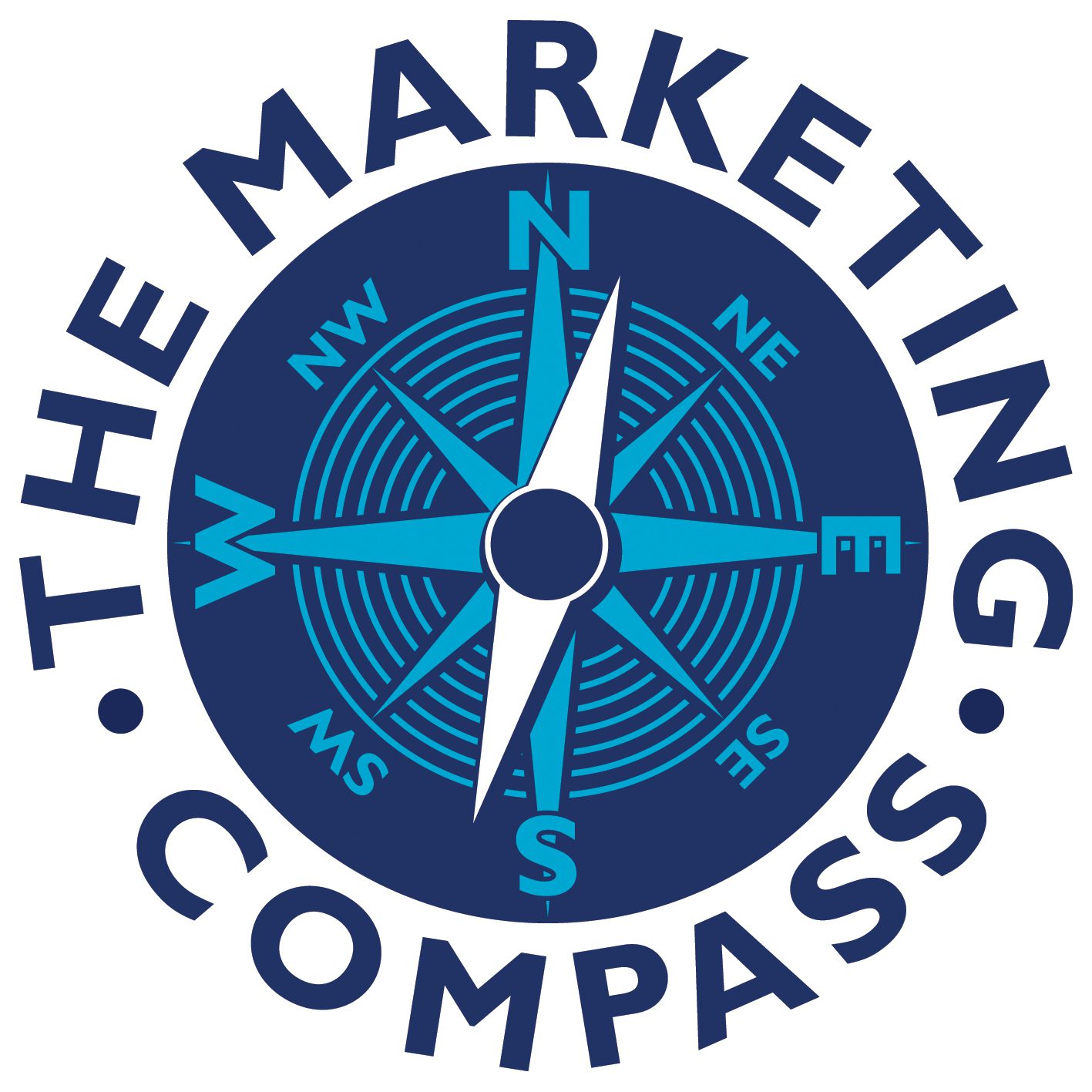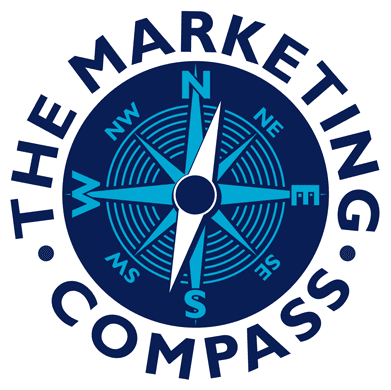Long tail or short tail SEO?
During my SEO consultancy work and training sessions, I am often asked about the differences between long tail and short tail keyword phrases.
Short tail keyword phrases are popular. Many people are using these phrases to search for information. They typically have high search volumes.
For example, try searching for single words such as ‘insurance’ or ‘cars’ within Google. On a desktop or laptop you will see the vast number of URLs that Google has found.
Can you rank highly for these phrases? The answer is that yes, you can. However it takes additional effort and ingenuity to get there. I have done this (in the UK) with the following phrases:
seo trainer
marketing trainer
…and many others.
Long-tail keywords are more specific than short-tail ones. Fewer people are searching for long tail keyword phrases.
Subsequently, they have smaller search volumes. I have found that these phrases, which usually comprise several words, can work well as they are relatively easy to rank highly for.
Your target market
The first step is to analyse your target market.
Use keyword research tools that can help you to see your target audience’s search data.
Another way to find keyword phrases is to visit forums that are frequented by your target market. For example, if your audience comprises software developers who hang out in tech forums, check out these places and see what issues they are discussing and what questions they are asking.
Google Autocomplete
Here is a tip: type a keyword phrase into Google and study the dropdown list of words and phrases that appear. Google is showing you related searches from its database. This feature is known as Google Autocomplete. You can use it (for free) to see what people are actually typing into Google.
Keep in mind that it is better to rank for those keywords that have low competition. Long tail keyword phases usually have fewer competitors chasing after them. Long-tail keywords can result in a more closely defined cohort of customers clicking-through to your website. They are using multi-word keyword phrases to describe exactly what they are looking for. What is more, you will face less competition from other pages.
Look at it this way. As opposed to:
SHORT TAIL (typically 1, 2 or 3 words)
‘insurance’ (Google search volume of over 11 billion URLs on my computer, today in the UK).
On the other hand…
LONG TAIL
‘car insurance broker in Maidenhead Berkshire’ (search volume circa 5 million).
Long tail keyword phrases are more likely to rank highly in search engine results. As a result, long-tail keywords are more valuable and profitable. When used effectively, they can lead to strong organic traffic. If used properly, long-tail keywords can help you attract more customers. They can increase your profits significantly.
A good keyword strategy can be based on long-tail keywords. The goal of your website should be to provide answers to customer problems. The use of a keyword should be tailored to the target market.
The best long-tail keywords are ones that are highly related to your website and your products or services.
There are many advantages to using both types of keywords. However, you should also be aware that there are some disadvantages as well. If you’re using both, you should make sure that you know what you’re doing before you start.
The competition for short tail keywords is high. A long-tail keyword has less competition and is therefore more effective. But you still need to focus on other factors as well. The most effective way to use long-tail keywords is to create optimised pages for each one, which is another thing to think about!
Here is an SEO strategy checklist.
Written by SEO consultant and SEO trainer Nigel Temple.
If you would like some help with your SEO, by all means Contact Nigel.

